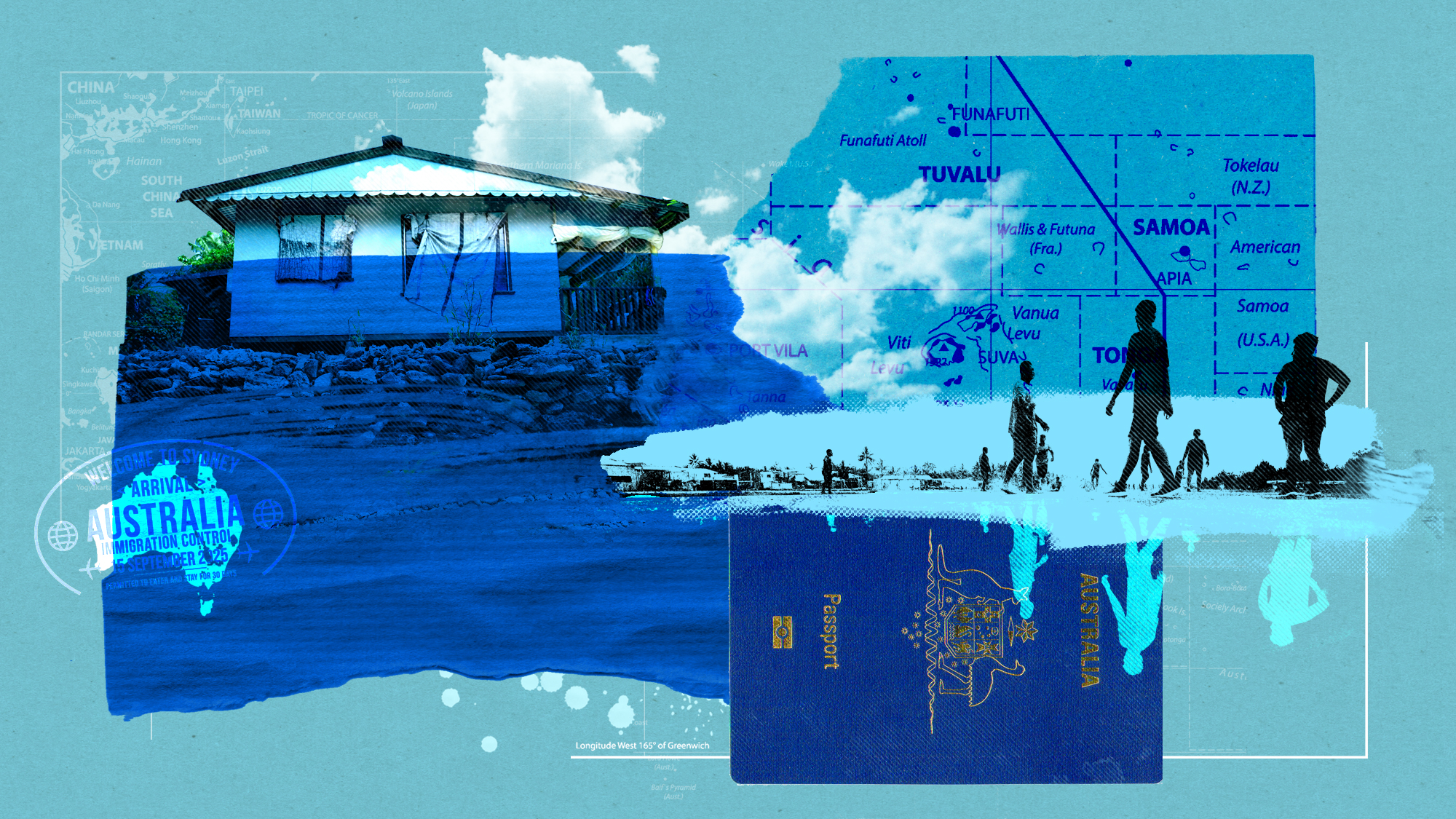The unfolding tragedy of Tuvalu offers a stark preview of the dire consequences posed by climate change and accelerating sea level rise, positioning this small island nation as a critical harbinger for other vulnerable states across the globe.
Situated in Oceania, Tuvalu, with its modest population of merely 11,000, faces an existential threat, projected to be entirely submerged by 2050 due to persistent and escalating ocean levels, forcing an unprecedented, permanent evacuation of its citizenry.
In response to this looming crisis, Tuvalu has forged a groundbreaking agreement known as the Falepili Union Treaty with Australia, establishing an innovative “climate visa” program designed to facilitate the relocation of 280 Tuvaluans annually as permanent residents in Australia.
This pioneering climate visa, marking a global first, has garnered overwhelming interest, with thousands registering for the ballot system that grants beneficiaries access to essential Australian services, including health, education, housing, and employment rights, while retaining the option to return home should conditions permit.
While Tuvalu represents the first instance of an entire nation contemplating such a move, isolated communities have already faced similar climate-induced displacements, as evidenced by the 2024 relocation of 1,200 Indigenous Guna people from Panama’s Gardi Sugdub island and the nearly 300 residents of Newtok, Alaska, forced to move due to thawing permafrost.
These localized events underscore a broader, alarming trend: projections indicate that by 2070, an estimated three billion individuals could reside outside humanity’s “climate niche,” with island nations disproportionately bearing the brunt of these severe environmental impacts.
The Maldives, an archipelago of nearly 1,200 islands, exemplifies this extreme vulnerability, with most of its landmass barely four feet above sea level, making it susceptible to even minor water level increases that trigger coastal erosion, salinization of freshwater, and increased flooding.
Consequently, the Maldivian government has proactively explored contingency plans, including acquiring land in higher-elevation countries, a strategy that highlights the urgent need for environmental migration policies as many other island nations, including Kiribati, the Solomon Islands, Fiji, and Vanuatu, confront similar profound risks from global warming impacts.






Leave a Reply